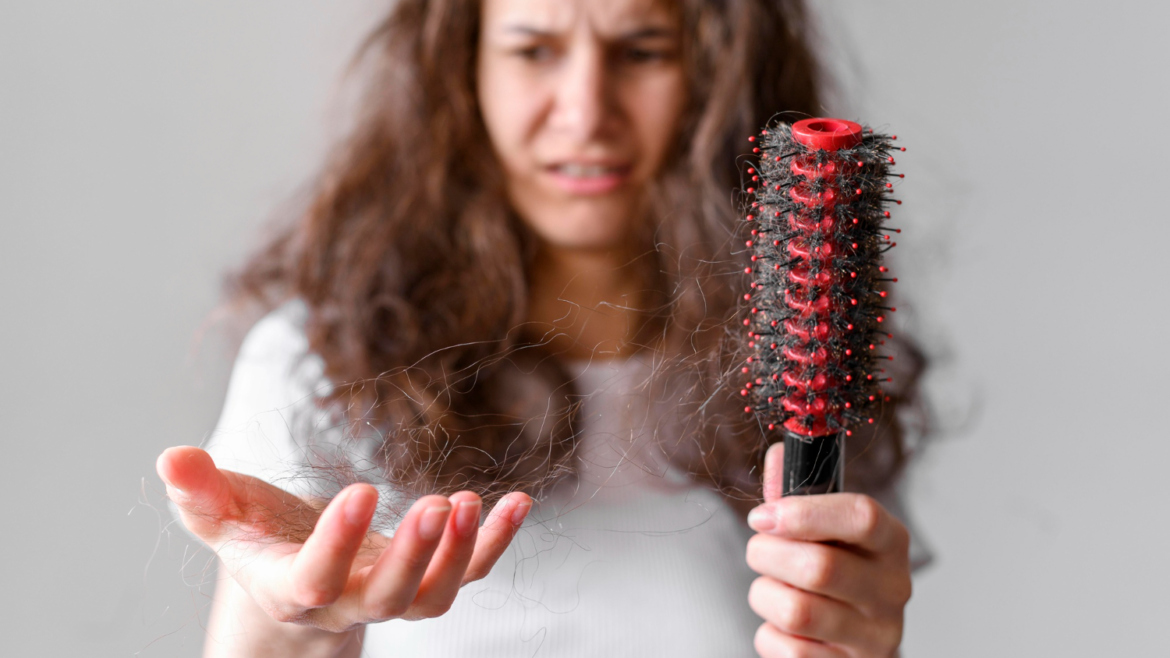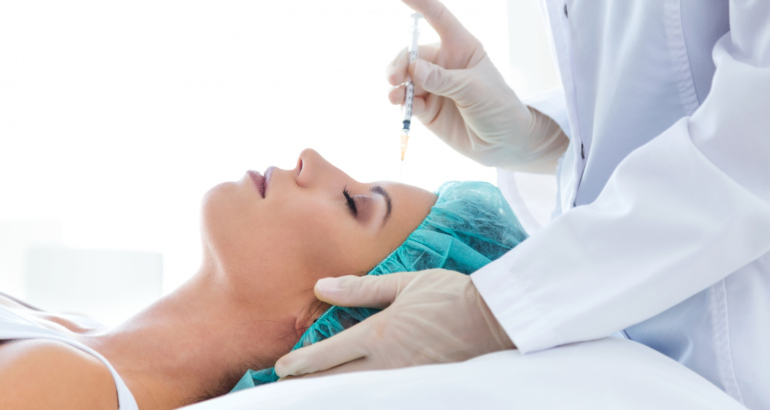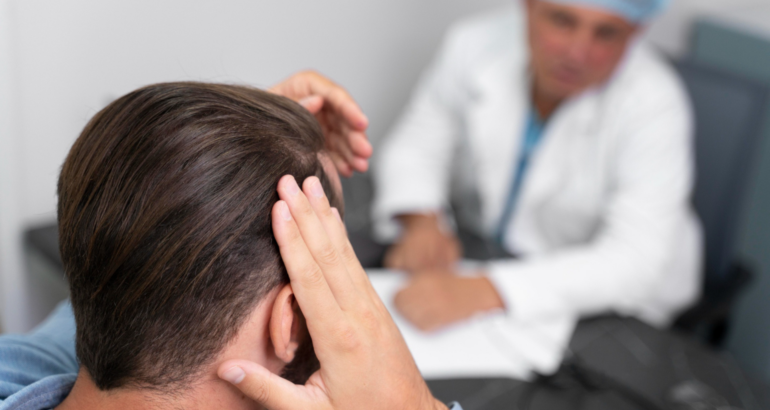Hair loss can be frustrating, especially when stress is the culprit. But the good news? Hair loss due to stress is often reversible with the right steps. In this article, we’ll walk you through why stress can trigger hair loss and how to regain your luscious locks.
Types of Stress-Related Hair Loss
Telogen Effluvium: Telogen effluvium occurs when significant stress causes a large number of hair follicles to shift into the resting phase. You’ll notice hair falling out more than usual, especially while combing or washing.
Alopecia Areata: Alopecia areata is an autoimmune condition often linked to emotional stress, causing hair to fall out in small patches.
Trichotillomania: This is a psychological disorder where individuals feel compelled to pull out their hair, usually due to overwhelming stress or anxiety.
How Stress Affects Hair Growth Cycles
Impact of Cortisol on Hair Follicles: Cortisol, the primary stress hormone, disrupts the normal function of hair follicles, slowing down hair growth and triggering hair fall.
Disrupted Hair Growth Phases: Normally, hair goes through growth, resting, and shedding phases. Stress can disturb this balance, pushing more hair into the shedding phase prematurely.
Symptoms of Hair Loss Caused by Stress
Identifying Patterns of Hair Shedding: If stress-induced hair loss is your issue, you might see clumps of hair on your pillow or in the shower.
Hair Thinning vs. Hair Breaking: While hair thinning occurs from the root, stress can also cause hair strands to become brittle, resulting in breakage along the shaft.
Effective Tips for Regrowth After Stress-Related Hair Loss
Stress Management Techniques: Learning to manage stress is essential for hair regrowth. Techniques like yoga and meditation help calm the nervous system and reduce cortisol levels.
Nutrition for Hair Regrowth: Ensure you consume enough vitamins like B-complex, biotin, and iron to encourage hair regrowth. Omega-3 fatty acids found in fish and flaxseeds also help strengthen hair.
Scalp Care Routine for Faster Regrowth: Consider massaging your scalp with essential oils like rosemary or peppermint oil. These oils increase blood circulation, promoting healthier follicles and hair growth.
Lifestyle Changes to Reduce Hair Loss from Stress
Better Sleep Habits: Sleep is essential for cell regeneration. Aim for 7-9 hours of sleep each night to support your body’s recovery from stress.
Physical Activity and Exercise for Mental Wellness: Exercise not only boosts blood flow but also releases endorphins, the body’s natural stress relievers. A simple daily walk or workout can do wonders for your mental health.
Treatments for Stress-Induced Hair Loss
Medical Options: Topical treatments like minoxidil can stimulate hair regrowth by improving blood flow to the scalp. In severe cases, prescription medications may be required.
Natural Remedies for Hair Regrowth: Apart from medical treatments, try natural remedies like onion juice or green tea rinses, which are known for their regenerative properties.
When to Seek Professional Help
Consulting a Trichologist or Dermatologist: If you don’t see noticeable improvement after three to six months, it’s time to see a specialist who can recommend targeted treatments.
Psychological Support for Trichotillomania: If you’re struggling with compulsive hair-pulling, therapy or counseling can provide the emotional support you need to manage this condition.
Conclusion
Hair loss due to stress can feel overwhelming, but it’s important to remember that it’s often reversible. By making lifestyle adjustments, adopting a healthy scalp care routine, and managing stress levels, you can restore your hair’s health over time. Be patient—your hair will thank you!



